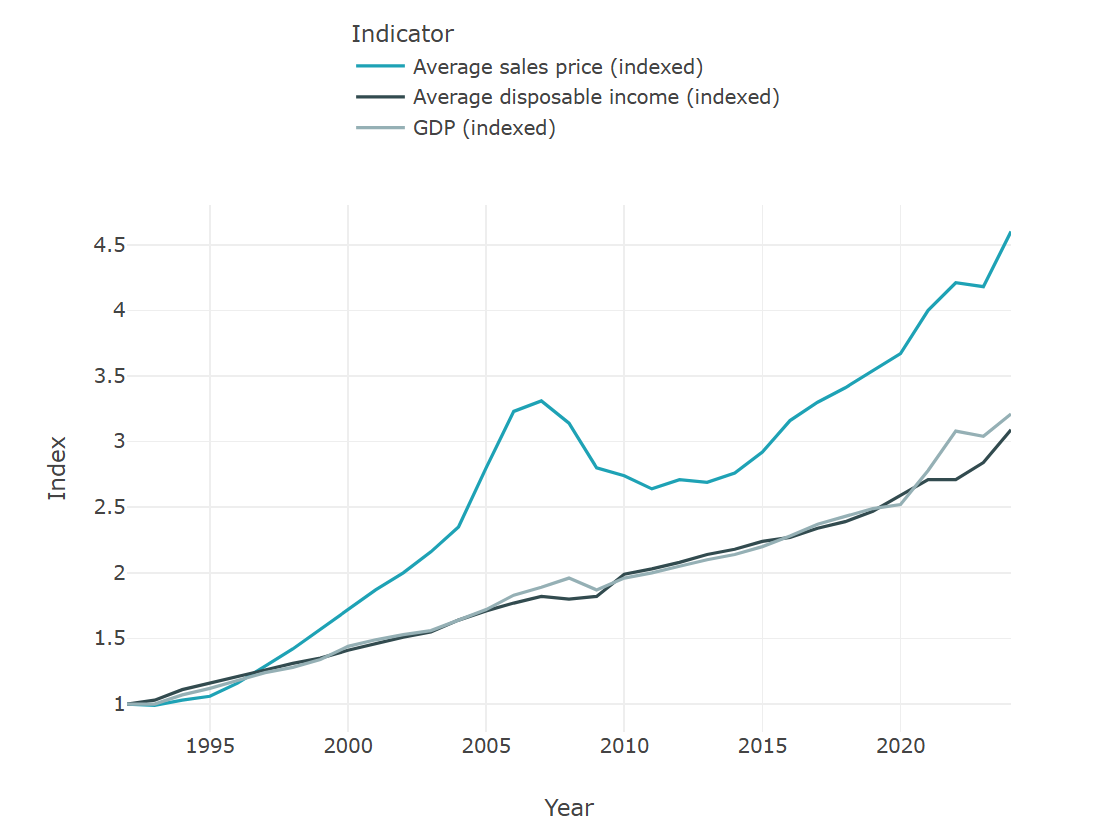Attracting and retaining the right talent is one of the biggest challenges facing Danish companies today and in the future. DI Consortium for Global Talent is therefore very pleased with the news that Denmark is back among the world’s top five countries as the highest ranked Scandinavian country in INSEAD’s Global Talent Competitiveness Index 2015-16.
Top marks aplenty
However, a closer look reveals that while Denmark enables and grows talent, this does not translate into an equally strong ability to attract and retain talent.
The report identifies ‘business-labour landscape’ and ‘access to growth opportunities’ as key to Denmark’s competitiveness. The country scored top marks for the ease of doing business and government effectiveness, delegation of authority, freedom of voice, and tertiary education expenditure.
However, when it comes to attracting talent – particularly attracting people and businesses from abroad – Denmark fared less well, and for retaining talent, it was ranked outside the top 20.
Unexploited potential
The high ranking confirms Denmark has a solid platform but unexploited potential. While Denmark offers an attractive and world-class business landscape, along with a unique open work culture, the core attraction and retention of both businesses and people lag behind.
It is a global battlefield with countries fighting for their share of a continuously shrinking talent pool, and Denmark needs to step up its game.
Failing on tax
One of the biggest barriers is the taxation system, for which Denmark ranked 98th out of the 110 countries ranked. High scores for an attractive regulatory landscape seem pointless if foreign qualified people are reluctant to stay due to one of the highest income taxes in the world.
Denmark needs to work on both its structural weaknesses and societal challenges to leverage its full potential. A dedicated effort across political parties, academia and businesses is required in order for Denmark to position itself as a preferred career destination for international talents.
DI Consortium for Global Talent is ready to contribute.













